Are Lilacs Poisonous to Cats? (Real Answer & Concerns)
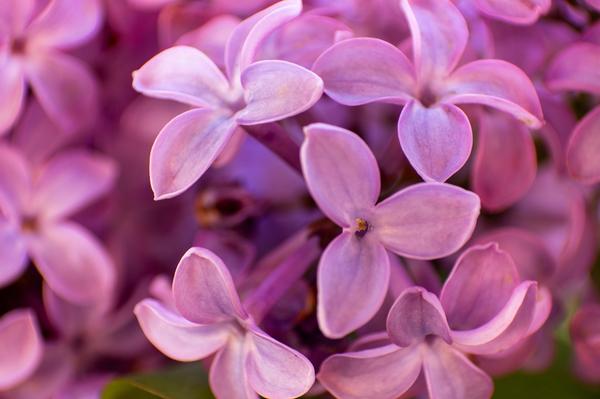
Tangled in a web of worry about whether lilacs are toxic to your feline friend?
Wondering if those beautiful blooms could unleash a storm of danger on your beloved kitty? 😺
I feel you.
The thought of those fragrant flowers turning your fluffy furball into a casualty is enough to send shivers down any cat lover's spine.
But let's not jump to conclusions just yet.
Shall we uncover the truth together?
Buckle up, my friend.
Let the journey begin.
Identifying Toxic Lilacs: Symptoms of Poisoning in Cats
Identifying toxic lilacs in cats is crucial to keeping our feline friends safe.
Here are six signs to watch out for:
- Excessive drooling: If your cat suddenly starts drooling excessively, it could be a sign of lilac poisoning.
- Vomiting: Cats may vomit after ingesting poisonous lilacs. Keep an eye out for unusual vomiting episodes.
- Diarrhea: Similar to vomiting, diarrhea can occur as a result of lilac toxicity. Monitor your cat's bowel movements closely.
- Abnormal behavior: While lilacs are generally safe for cats, any sudden change in behavior should be taken seriously. It might indicate ingestion of toxic lilacs.
- Seizures: In severe cases of lilac poisoning, cats can experience seizures. If you notice your cat having seizures, seek veterinary attention immediately.
- Liver damage: Excessive consumption of highly toxic lilacs, such as French Lilacs or those with meliatoxin-containing berries, can lead to liver damage. Look for signs of yellowing eyes or gums, which could indicate liver problems.
Prevention is key!
If you have lilacs in your home or garden, ensure they are not easily accessible to your cats.
On top of that, avoid using lilac-scented products around your furry friends.
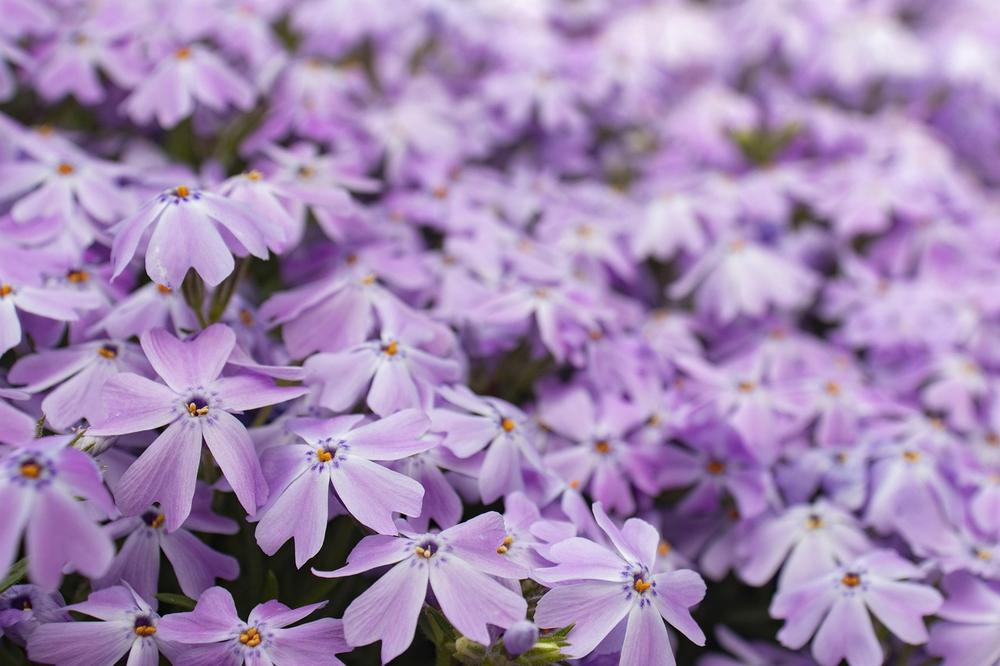
If you suspect lilac poisoning or notice any symptoms mentioned above, don't hesitate to contact your vet right away.
Your cat's well-being is worth every precaution. 😺
Main points I'll expand upon further down this article:
- Common lilacs are generally safe for cats if not ingested excessively.
- Persian lilacs, also known as Chinaberry trees, are highly toxic to cats.
- Ingestion of Persian lilacs can lead to vomiting, diarrhea, and convulsions.
- Persian lilacs are toxic to not only cats but also dogs and humans.
- If your cat ingests lilac and shows signs of poisoning, seek veterinary guidance immediately.
- Lilac shrubs can pose a choking hazard, so closely monitor your pets near these plants.
- Avoid using pesticides or non-toxic chemicals on lilacs to protect your pets.
- Cats should generally avoid ingesting any plants, including lilacs.
- Keep indoor plants out of reach to prevent cats from chewing on them.
- Consider planting cat-friendly flowers like roses, daisies, and catnip in your garden.
And it gets worse...
As we explore further into lilac toxicity, you'll be surprised to learn that there are other common flowers that may pose a threat to your feline companions.
So, what other plants should you watch out for?
Let's delve into the potential dangers in the next section...
Miss Kim Lilacs and Their Toxicity to Cats
Miss Kim lilacs are generally safe for cats, but you must watch for allergic reactions or digestive issues. Persian and French lilacs should be avoided. Lilacs pose no threat to most animals, except for horses, who can be affected by Persian lilacs.
Do you have any concerns about whether Miss Kim lilacs can be harmful to cats?
Allow me to provide you with some valuable insights on the matter.
The good news is that Miss Kim lilacs are a hybrid variant that is generally considered safe for cats. In other words, your furry companion shouldn't encounter any issues with these exquisite lilacs.
Nevertheless, you ought to remain vigilant and watch out for any signs of allergic reactions or digestive problems in your cat when exposed to Miss Kim lilacs.
After all, it's always better to prioritize safety over any potential mishaps.
Now, let's delve into the world of lilacs as a whole...
Generally speaking, lilacs are stunning plants that require minimal care and thrive in diverse climates.
They serve as a perfect addition to any garden, enhancing its beauty.
Moreover, I'd like to clear up any confusion surrounding lilacs and their impact on other animals...
Ordinary lilacs pose no threat to most animals such as chickens, horses, and cows.
These creatures are free to appreciate the mesmerizing beauty and delightful fragrance without any worries.
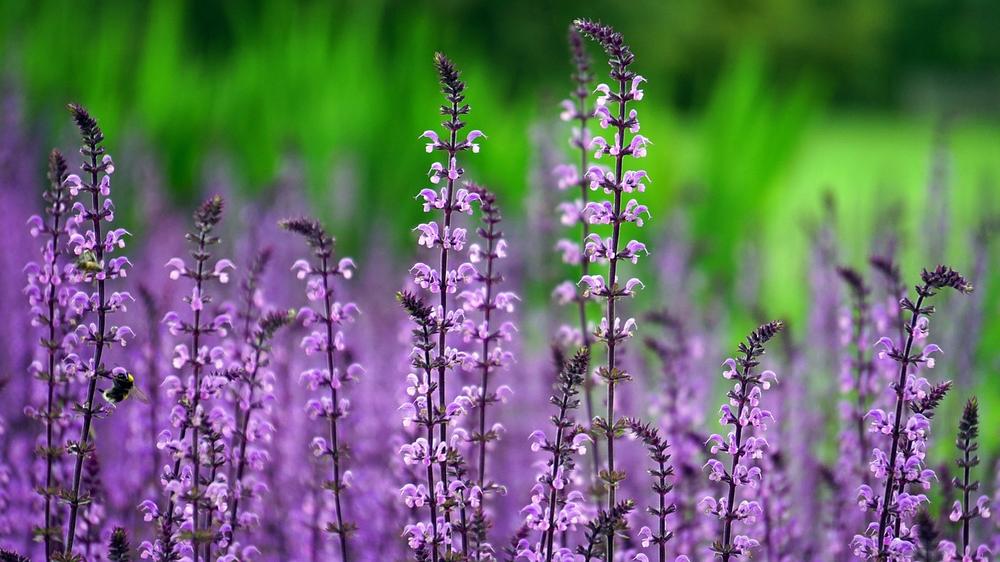
On the flip side, you ought to exercise caution when it comes to Persian lilacs around horses since they can prove toxic to them.
If you genuinely care about the well-being and happiness of your horses, it would be wise to maintain a distance from these particular lilacs.
But wait!
Let's not forget about our feline friends...
As long as cats don't excessively consume common lilacs, they should be perfectly fine.
My friend, moderation is key.
However, when it comes to cats, it's advisable to steer clear of Persian and French lilacs.
It's simply not worth taking unnecessary risks when it involves the well-being of your beloved pet.
There you have it.
Now you possess a comprehensive understanding of the interaction between cats and lilacs.
But what about other types of lilacs?
Are there any that pose a threat to our feline companions?
Let's explore their potential toxicity further and uncover the answer together:
Persian Lilac and Its Toxicity to Cats
Be careful with Persian lilacs, also called Chinaberry trees - they're deadly for cats.

Here's why:
- Eating Persian lilacs can cause serious problems like seizures, belly pain, and even death.
- The berries of these plants are especially toxic - a small amount can upset a cat's stomach, while a large amount can lead to seizures or death.
- Look out for signs of poisoning in your cat, such as stomach pain, laziness, and trembling.
- It's not just cats at risk; dogs and humans should stay away from Persian lilacs too. Dogs might get sick if they eat these plants, and people shouldn't touch them either.
- Even mild poisoning can make cats vomit, have diarrhea, and drool excessively.
- If a cat eats a lot of Persian lilacs, it could become seriously depressed, weak, and have seizures.
If your cat has severe symptoms after eating Persian lilacs, take them to the vet right away.
It's important for your cat's well-being to keep them away from these dangerous plants.
But here's the thing you need to know...
Actions to Take if Your Cat Is Sick After Eating Lilac
If you think your cat has eaten lilacs and is acting strange, act fast. Keep an eye on your furry friend around those plants to avoid any trouble.
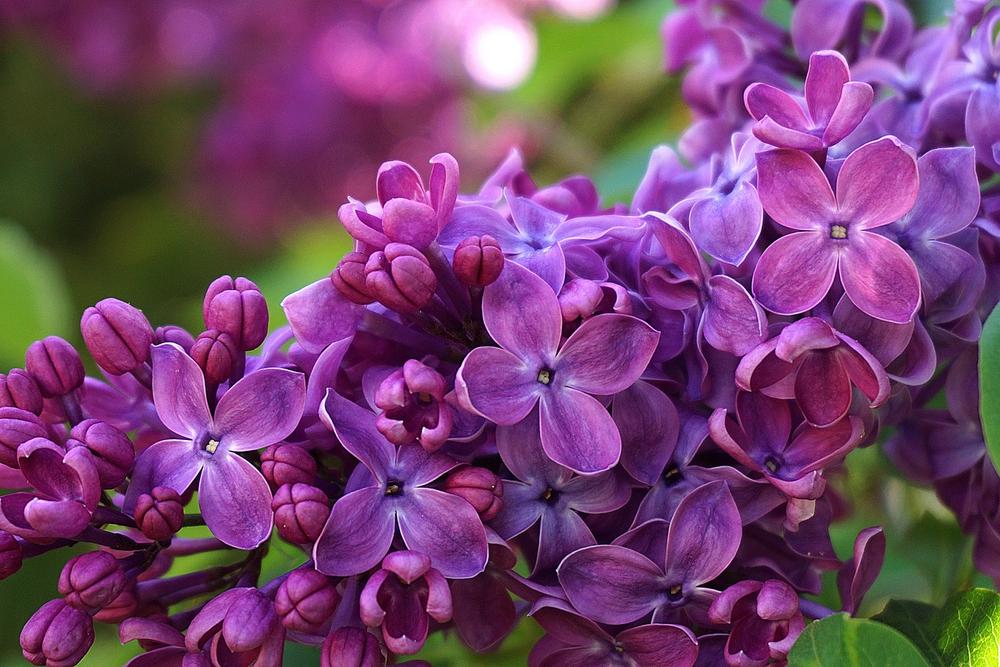
Cats shouldn't eat plants, even lilacs.
- If your cat looks sick - like stomachache or behaving weirdly - don't waste time, call the vet pronto.
- Let the vet know every symptom so they can treat it right.
- Don't use harmful chemicals on lilacs to protect your pets from danger.
- In case of chinaberry ingestion, immediate veterinary care is a must since it could be deadly.
- Persian lilacs are serious business. Reach out to the US Animal Poison Control Center ASAP and whisk them off to an emergency vet clinic for the treatment they need.
Just keep a close watch on your cat near lilacs and if anything seems off, get them help right away.
Being quick can make all the difference in keeping them healthy and happy.
Preventing Lilac Poisoning in Cats: How to Keep Your Feline Safe
Create a safe sanctuary for your beloved feline companion by setting up an indoor play zone full of cat-friendly flora.
Rather than exposing them to the dangers lurking in outdoor greenery like beautiful lilacs, it's best to provide an enticing alternative within the comfort of your home. Cats possess an innate curiosity that may lead them astray towards these captivating plants, beguiled by their vibrant hues and seductive fragrances.
Nevertheless, diligent supervision is warranted to shield your precious plants from mischievous nibbling. While cats are primarily carnivorous, overindulging in vegetation can bring about toxicity and even fatality.
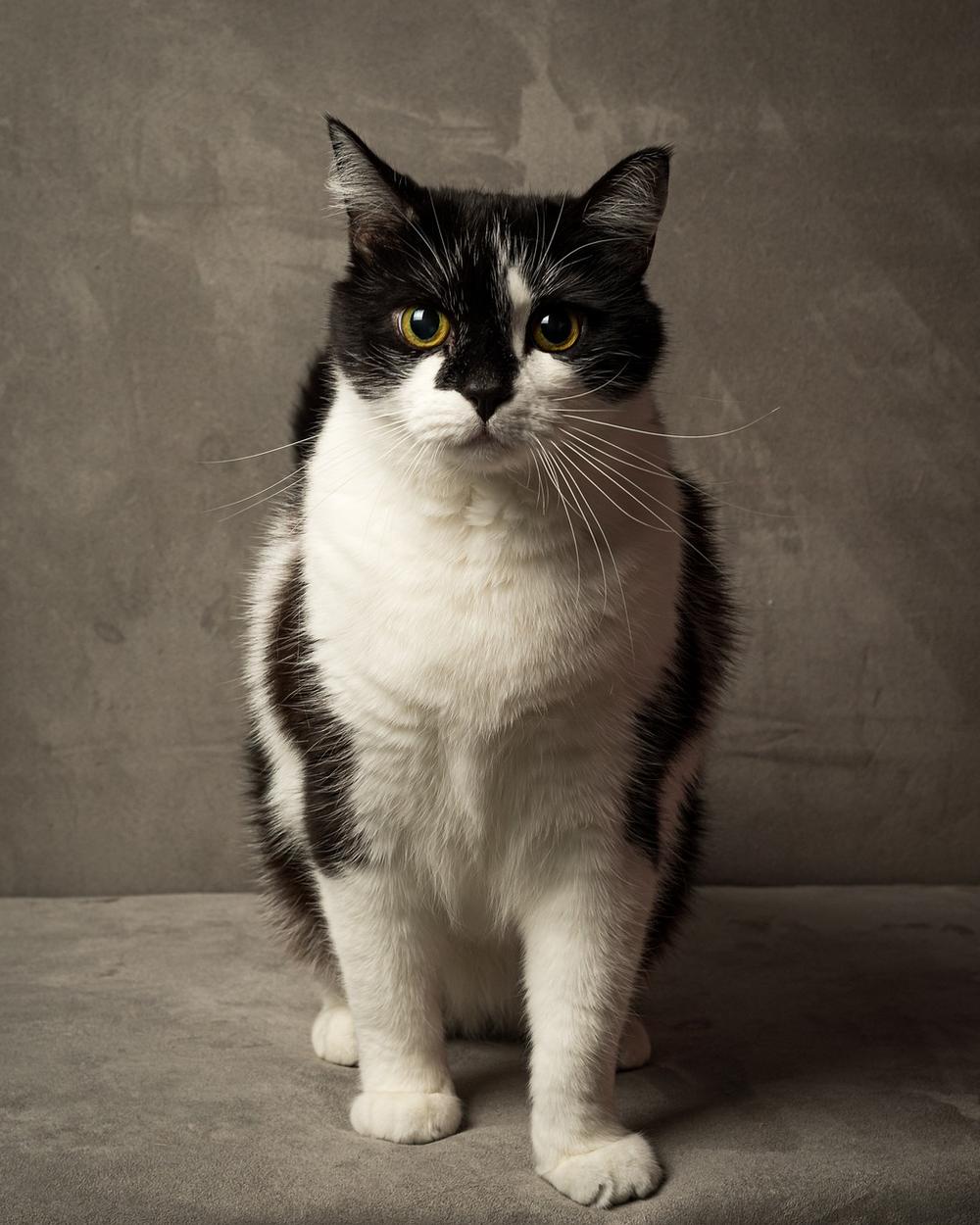
To ensure your cat's contentment, establishing a relaxed routine is absolutely crucial.
Moreover, I understand that the safety of your feline companion is of utmost importance to you.
That's why I wanted to let you know about my article on lily toxicity in cats.
If you're worried about the potential dangers of lilies and want to find out more, I highly recommend checking out Are Lilies Toxic for Cats.
Safe Alternatives: Flower Options for Cat-Friendly Gardens
Non-toxic flower options for your cat-friendly garden
Cat lovers...
If you're into gardening and want a stunning garden that won't harm your furry friends, I've got some safe flower alternatives for you.
These flowers will bring joy to both you and your cats!
Beautiful flowers that won't hurt your fluffy companion
First off, let's talk about roses, daisies, orchids, and sunflowers.
Aren't they just gorgeous?
And guess what?
They won't cause any harm to your precious feline.
So feel free to proudly display them at home or incorporate them into your garden without any worries.
Add some kitty-approved options to your garden
Now, let me share some garden-specific options that your cats will absolutely adore.
We're talking lilacs!
Not only do these lovely flowers smell amazing, but they are also completely safe for your cats.
But wait, there's more.
You can also include catnip, cat grass, thyme, valerian plants, and spider plants in your garden.
Your cats will go crazy over these delicious and safe plant choices.
Let them nibble on those spider plants all day long or enjoy a tasty snack of cat grass and catnip.
Thyme and valerian plants are edible for cats too, so they're definitely worth adding to your garden.
Well, there you have it.
With all these safe and cat-friendly flower options, you no longer have to worry about your furry pals getting into any toxic trouble while enjoying the beauty of nature in your own backyard.
And that wraps up today's article.
If you wish to read more of my useful articles, I recommend you check out some of these: Are Roses Poisonous to Cats, Are Philodendron Toxic to Cats, Are Tulips Poisonous for Cats, Are Iris Poisonous to Cats, and Are Impatiens Poisonous to Cats
Talk soon,
-Sarah Davis